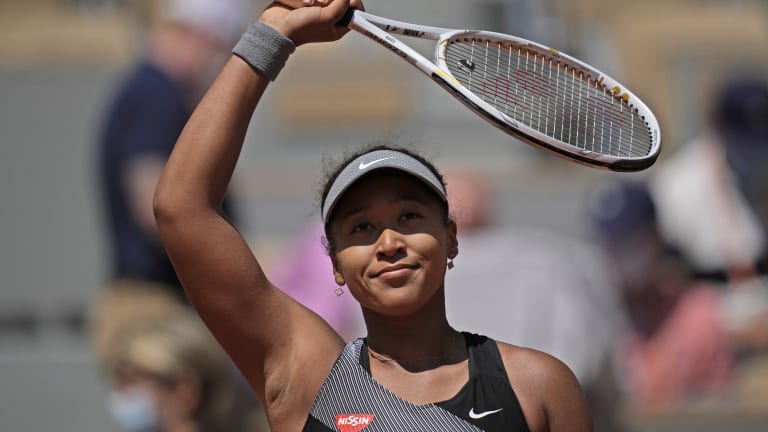statement announcing her withdrawal, and that's where it gets tricky. She revealed she had suffered long periods of depression after winning the U.S. Open in 2018 and that she suffers great anxiety when faced with having to answer questions from journalists at news conferences.
We all can — and should — be sympathetic to that. Depression and anxiety can be devastating and debilitating, as anyone who has suffered from them or dealt with a family member who has them knows so well.
Nobody should begrudge Osaka's decision to withdraw from a major championship because she's having trouble coping with those issues. Indeed, we should all support her efforts to improve her mental health while dealing with everything else that comes with being a global star at the tender age of 23.
But let's make this clear: This isn't a media problem. It isn't a news conference problem.
Frankly, until Osaka said she would not show up for her news conference and then
https://apnews.com/article/europe-paris-french-open-tennis-health-2808690d5309d3096355e1e2e11910b8 who wondered why, no one even knew there was a problem.
There's nothing inherently wrong with a system that requires athletes who are paid millions of dollars to perform to be asked about their play afterward. There's also nothing wrong with reporters asking an occasional question that may not fit the positive narrative Osaka wants when writing about the newest star in tennis.
It's part of the reason why tournaments like the French Open sell out expensive seats every year. It's a lot of the reason Forbes said Osaka made $37 million in 2019, most of it in endorsements from companies that expect Osaka to generate lots of press for their products.
Her compelling story of winning back-to-back major championships beginning at the age of 20 combined with her Japanese-Haitian heritage made her a star. But, as the stars who came before her understood well, part of the deal every player accepts is that they answer a few post-match questions at tournaments, win or lose.
"I understand her," Rafael Nadal said. "(But) without the press, without the people who normally is traveling who are writing the news and achievements that we are having around the world probably we will not be the athletes that we are today."



